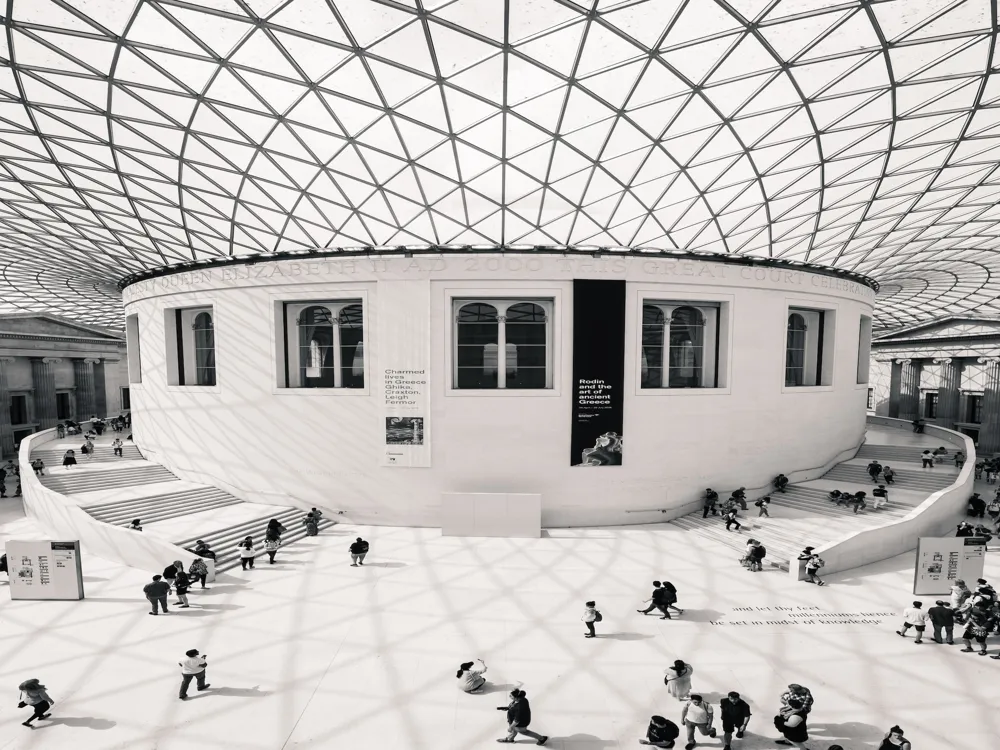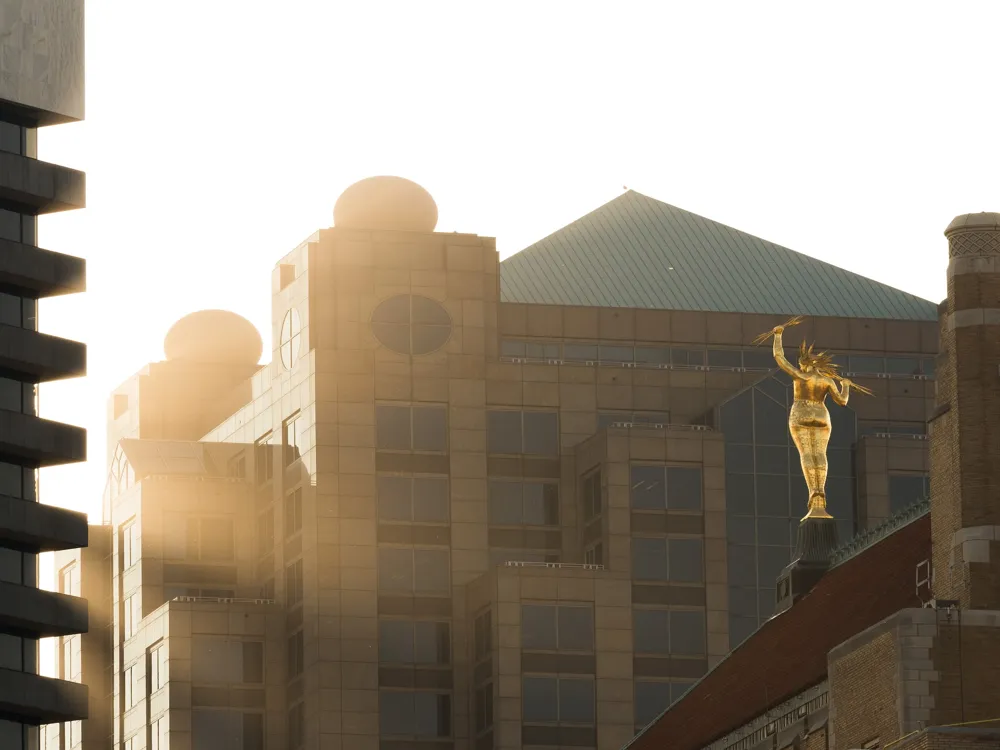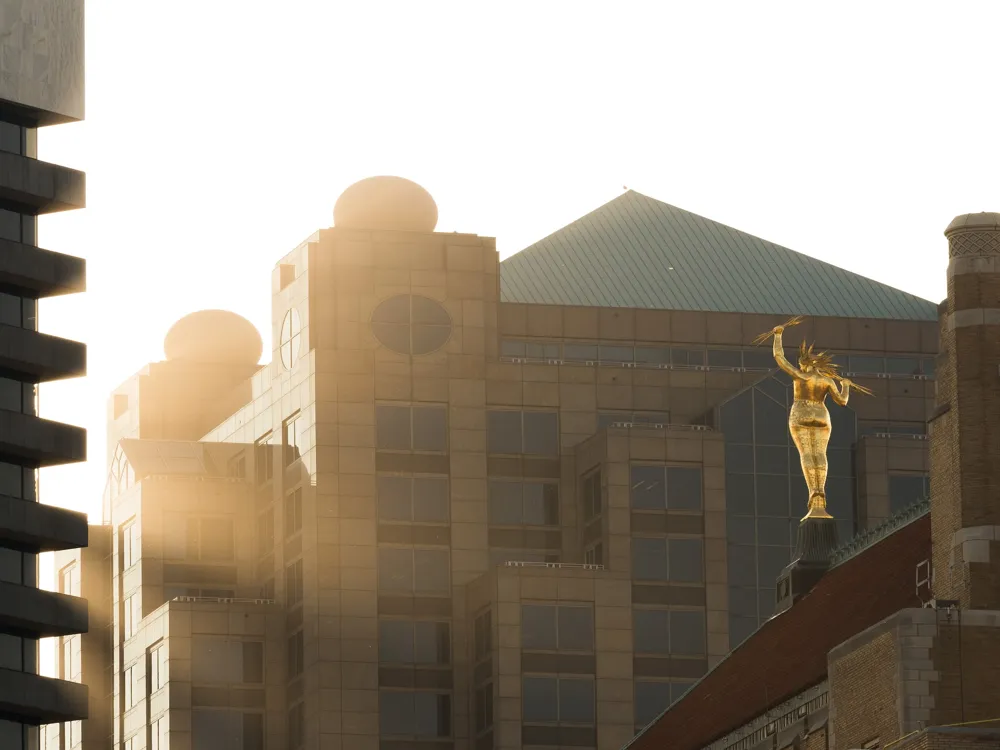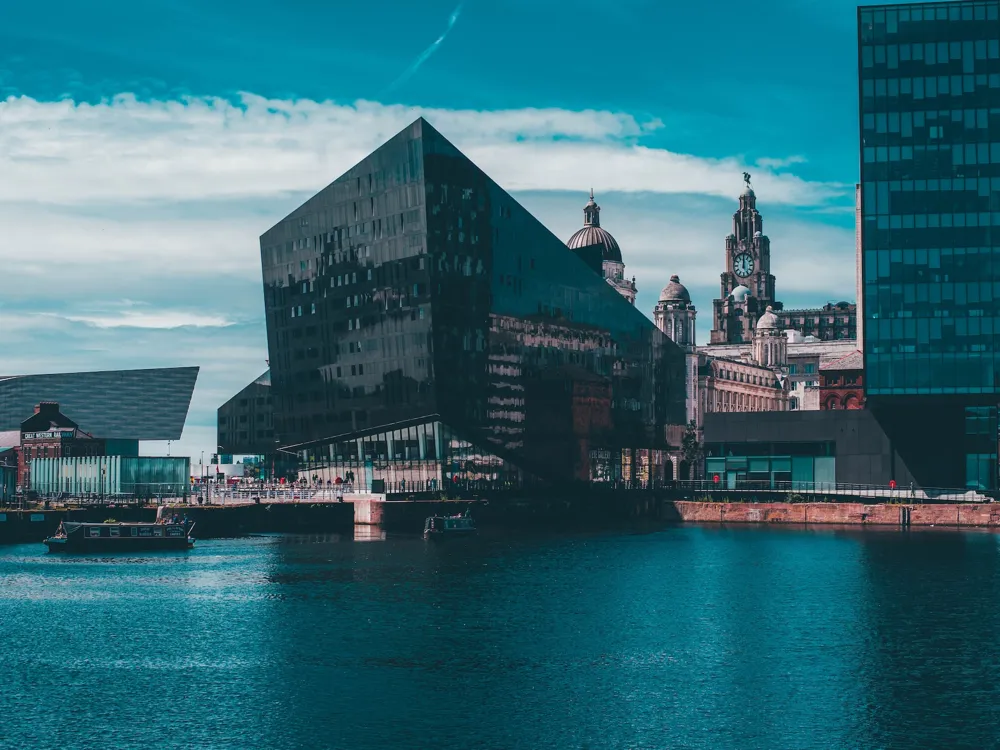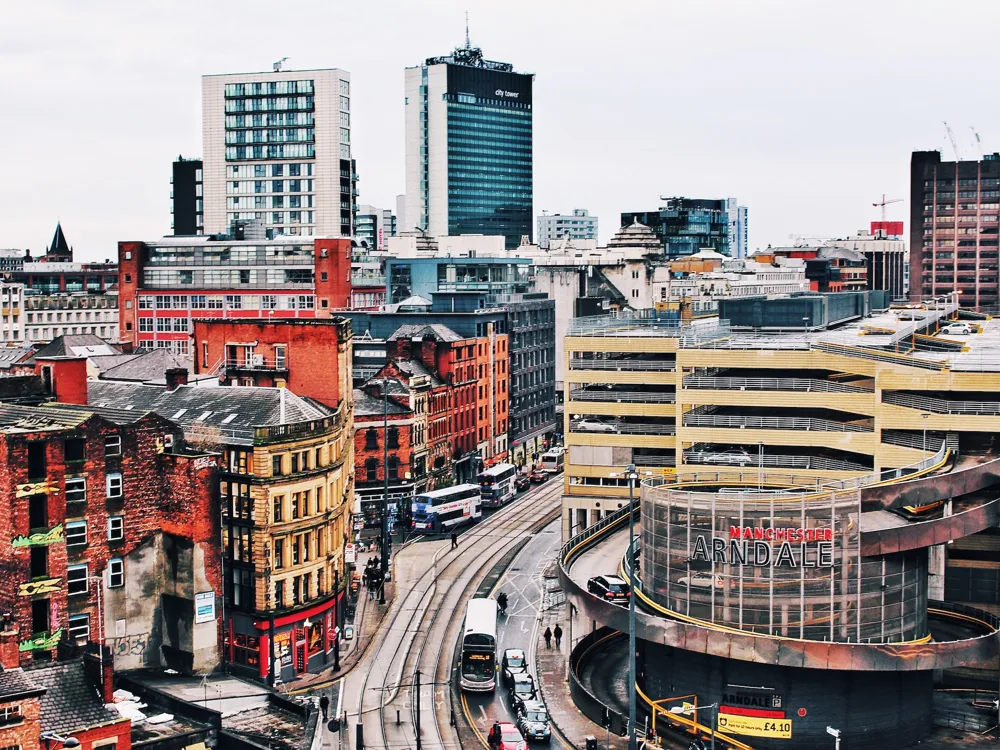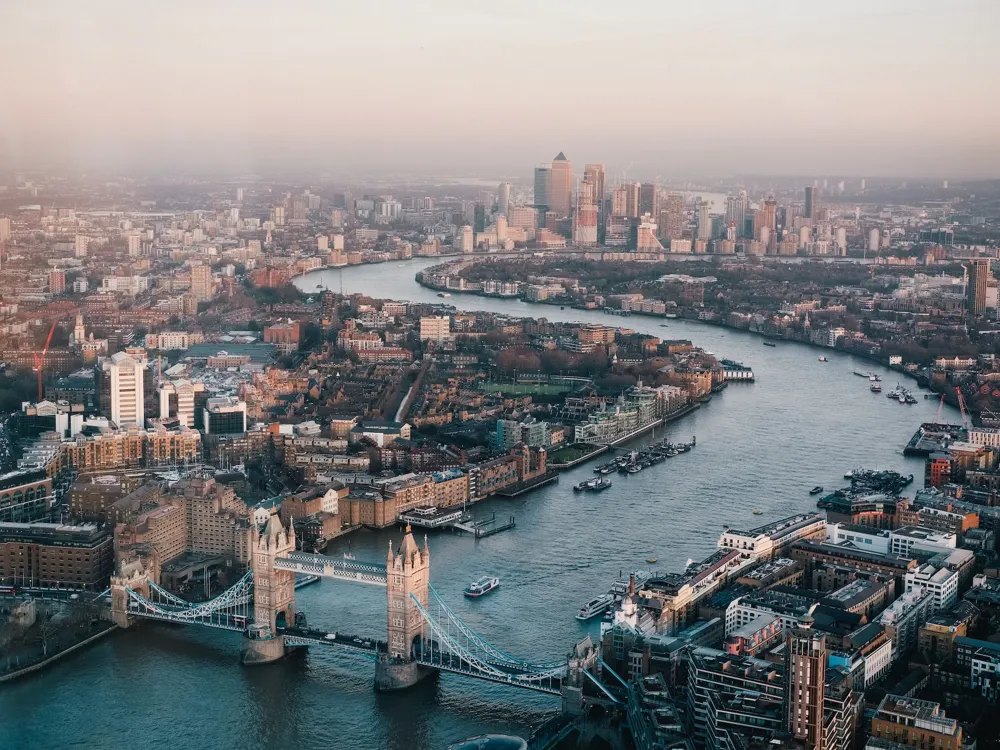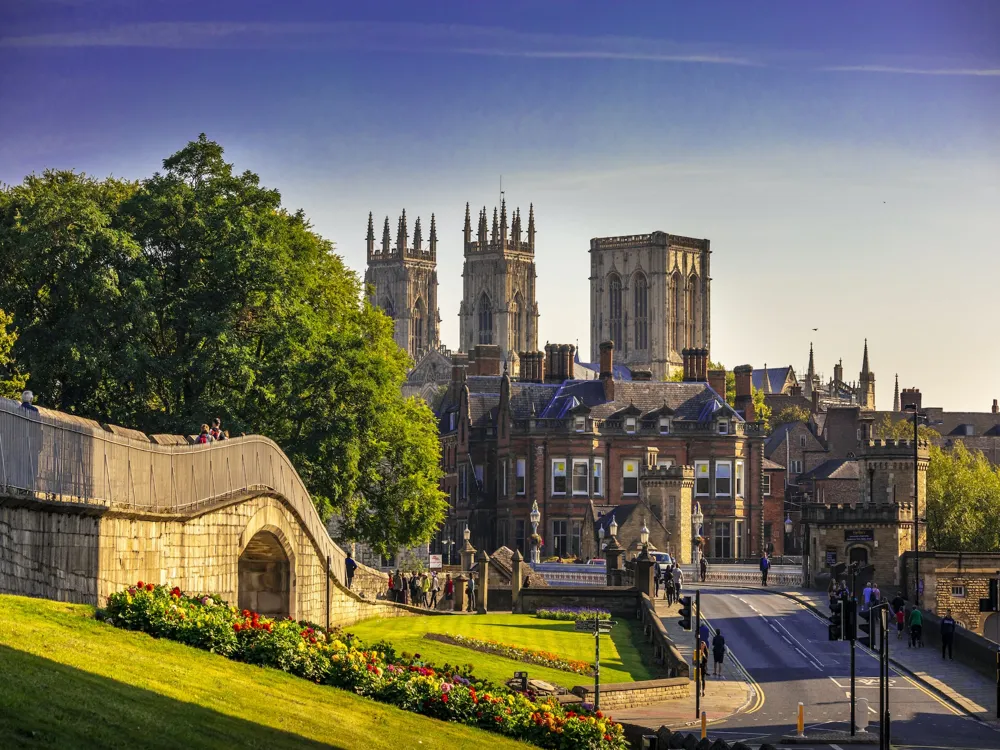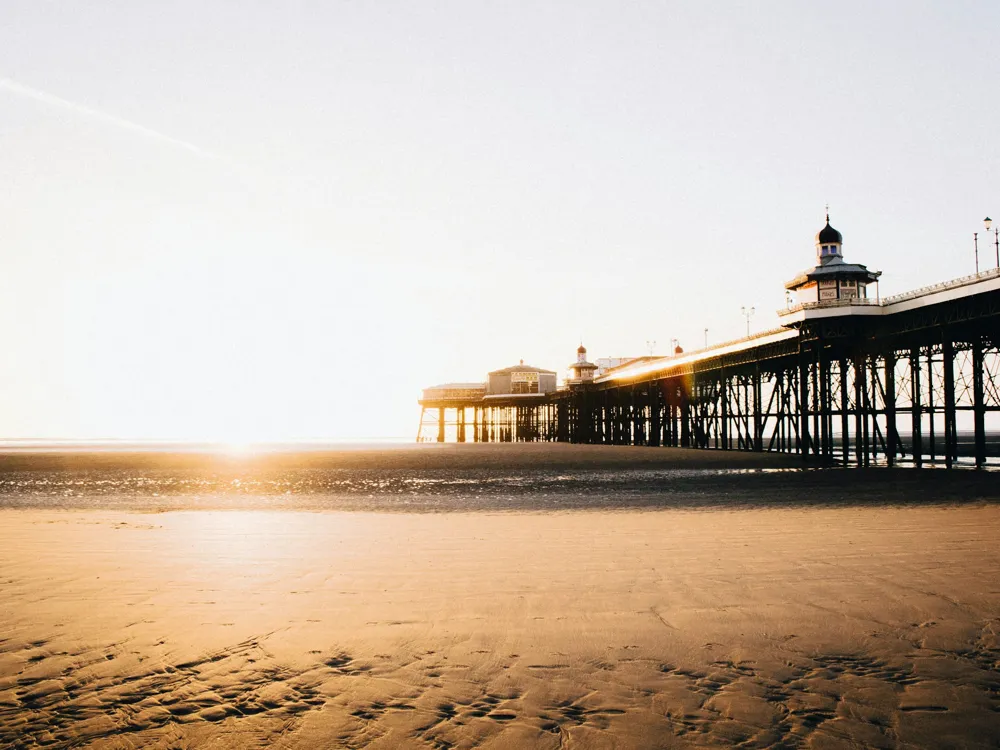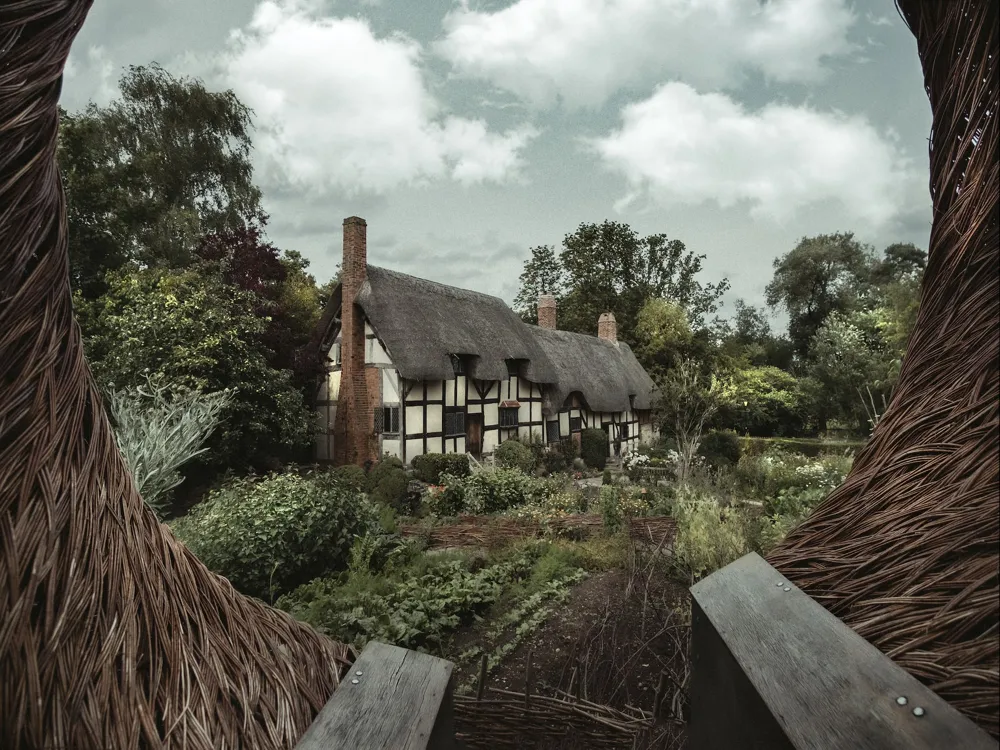Birmingham, a bustling city in the heart of England, is a tapestry of rich history, vibrant culture, and modern innovation. Known as the 'City of a Thousand Trades' due to its history as a manufacturing powerhouse during the Industrial Revolution, Birmingham has transformed into a hub of diverse industries, education, and arts. From its humble beginnings as a medium-sized market town, it skyrocketed to prominence in the 18th century, playing a crucial role in the development of modern industrial society. Today, Birmingham is the second-largest city in the UK and boasts a population of over a million. It's a melting pot of cultures, reflected in its diverse communities, culinary offerings, and cultural festivals. The city's economic landscape is characterized by a mix of traditional manufacturing and modern industries like finance, technology, and creative arts. Education is another cornerstone, with the University of Birmingham and Aston University being prominent educational institutions. Birmingham's rich history is visible in its architecture, from the historic Jewellery Quarter to the contemporary Bullring shopping centre. The city's commitment to art and culture is evident in its many galleries, theaters, and music venues. It's a city that constantly evolves, yet maintains a strong sense of its past, making it a fascinating destination for visitors from around the world. Birmingham's history is a story of innovation and resilience. Its role in the Industrial Revolution as a manufacturing and engineering hub earned it global recognition. The city was a forefront in advancements in science, technology, and economic development during this period. The Birmingham Canal, built in 1769, was a catalyst for growth, facilitating the transportation of goods and contributing to the city's industrial boom. The city's historical landscape is dotted with landmarks such as the Birmingham Town Hall, Aston Hall, and St. Philip's Cathedral, each telling a story of the city's past. Birmingham was also a center for the British Civil Rights movement, playing a significant role in advocating for social change and equality. This rich history makes Birmingham a city with a story at every corner, offering insights into the industrial age and beyond. Birmingham's cultural diversity is one of its most defining characteristics. The city is home to a large number of ethnic communities, including a significant South Asian population. This multiculturalism is celebrated through various festivals like the Birmingham Caribbean Festival and the Chinese New Year celebrations. The city's culinary scene is a testament to its diversity, with a wide array of international cuisines available, including the famous 'Balti' curry, which originated here. The city's diverse population has contributed to a rich cultural tapestry, influencing music, art, and literature. Birmingham has been a breeding ground for musical innovation, particularly in genres like heavy metal, with bands like Black Sabbath originating from the area. The city's literary scene has been equally vibrant, with authors like J.R.R. Tolkien finding inspiration in its landscapes. Birmingham's architecture is a fascinating mix of historic and modern designs, reflecting its evolution over centuries. The city's architectural heritage includes a range of styles, from Victorian and Edwardian to Brutalist and contemporary. The transformation of Birmingham from a market town to an industrial metropolis is mirrored in its buildings, with historic factories and warehouses standing alongside modern office buildings and shopping centers. The city's industrial past is evident in the Jewellery Quarter, an area with a high concentration of businesses involved in jewelry production. This district also showcases some of the finest Victorian and Georgian buildings in the city. Another notable architectural feature is the Birmingham Back to Backs, the last surviving court of back-to-back houses in the city, now preserved by the National Trust. In contrast to these historical structures, Birmingham also boasts modern architectural marvels like the Selfridges Building in the Bullring Shopping Centre, with its futuristic design, and the Library of Birmingham, which is a striking example of contemporary architecture. These modern structures reflect Birmingham's status as a forward-thinking city that embraces innovation. Birmingham is home to numerous historic buildings and landmarks. The Birmingham Town Hall, a prime example of Victorian architecture, has been a focal point of civic life since the 1830s. Aston Hall, a Jacobean mansion, provides a glimpse into the city's past, while St. Philip's Cathedral stands as an example of English Baroque architecture. The city's industrial heritage is showcased in sites like the Sarehole Mill, a 250-year-old watermill famously associated with J.R.R. Tolkien, and the Birmingham Museum and Art Gallery, known for its extensive collection of Pre-Raphaelite art. Birmingham's skyline is constantly evolving, with modern architectural developments shaping the city's future. The Cube, a mixed-use development, is known for its striking design and innovative use of space. The New Street Station redevelopment project transformed the city's main railway station into a modern transportation hub, reflecting Birmingham's commitment to infrastructure and modernity. The city's focus on sustainable and innovative architecture is evident in projects like the Eastside development, which includes parks, leisure facilities, and the Birmingham City University campus, all designed with sustainability in mind. These developments not only enhance the city's aesthetic but also improve the quality of life for its residents and visitors. The best time to visit Birmingham is during the spring (March to May) and autumn (September to November). During these months, the weather is generally mild, and the city's parks and gardens are at their most beautiful. Summer (June to August) is also a great time, with longer days and numerous festivals and events. However, it can be more crowded and expensive. Birmingham offers a range of accommodations, from luxury hotels to budget-friendly hostels. The city center is a convenient location for visitors, providing easy access to major attractions, dining, and shopping. For a more unique experience, consider staying in the Jewellery Quarter or near the Birmingham Canals, which offer a blend of historic charm and modern amenities. Birmingham has an extensive public transport system, including buses, trains, and trams, making it easy to get around. The city center is compact and pedestrian-friendly, ideal for exploring on foot. For trips further afield, consider using the West Midlands Railway or the Midland Metro tram service. Taxis and ride-sharing services are also widely available. Don't miss trying the local cuisine, especially the famous Birmingham Balti. The city's diverse culinary scene offers a range of international cuisines, with a strong presence of South Asian, Caribbean, and European flavors. Street food markets and food festivals are also a great way to sample a variety of dishes. When visiting Birmingham, it's important to be respectful of its cultural diversity. Being polite and courteous is appreciated, and it's customary to queue in an orderly manner. Tipping is not mandatory but is commonly practiced in restaurants and for taxi services. Birmingham is well-connected and easily accessible from anywhere in the UK and abroad. The Birmingham Airport serves both domestic and international flights, making it a convenient entry point for air travelers. The city's central location in England makes it easily reachable by train, with Birmingham New Street Station being a major national railway hub. For those traveling by car, Birmingham is well-served by a network of motorways and major roads. The M6, M5, M40, and M42 motorways provide direct routes to the city. Coach services also connect Birmingham with other major cities and towns across the UK, offering an affordable option for travel. Once in Birmingham, the city's comprehensive public transport system, including buses, trams, and local trains, makes it easy to explore the city and its surroundings. With these convenient transport options, visitors can enjoy all that Birmingham has to offer with ease and comfort.Overview of Birmingham
Historical Significance
Cultural Diversity
Architecture of Birmingham
Historic Buildings and Landmarks
Modern Architectural Developments
Tips When Visiting Birmingham
Best Time to Visit
Accommodations
Getting Around
Local Cuisine
Cultural Etiquette
How To Reach Birmingham
Woodgate Valley Country Park
Birmingham
NaN onwards
View birmingham Packages
Weather :
Tags : Garden & Park
Timings : Mid-March to Mid-September: 09:30 AM - 06:00 PM
Mid-September to Mid-March: 09:30 AM - 04:30 PM
Entry Fees : GBP 1
Planning a Trip? Ask Your Question
Birmingham Travel Packages
View All Packages For Birmingham
Top Hotel Collections for Birmingham

Private Pool

Luxury Hotels

5-Star Hotels

Pet Friendly
Top Hotels Near Birmingham
Other Top Ranking Places In Birmingham
View All Places To Visit In birmingham
View birmingham Packages
Weather :
Tags : Garden & Park
Timings : Mid-March to Mid-September: 09:30 AM - 06:00 PM
Mid-September to Mid-March: 09:30 AM - 04:30 PM
Entry Fees : GBP 1
Planning a Trip? Ask Your Question
Birmingham Travel Packages
View All Packages For Birmingham
Top Hotel Collections for Birmingham

Private Pool

Luxury Hotels

5-Star Hotels

Pet Friendly









